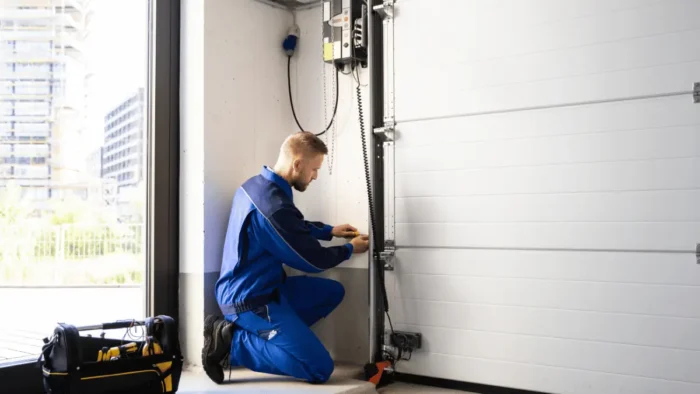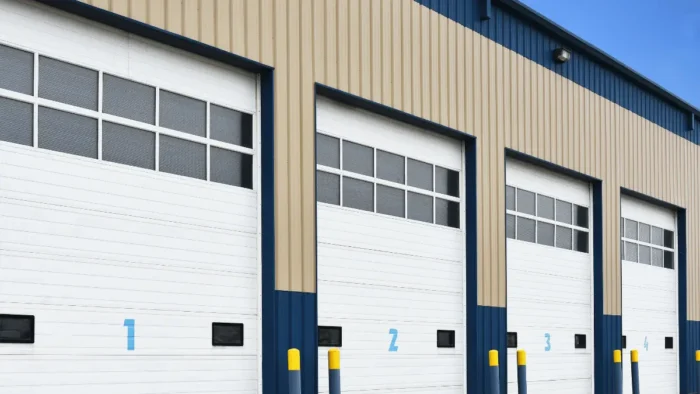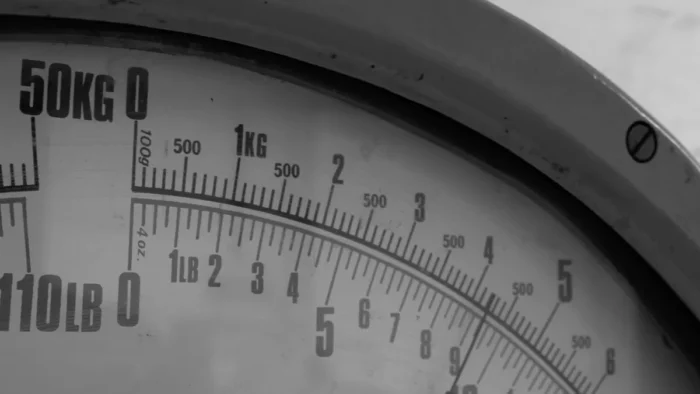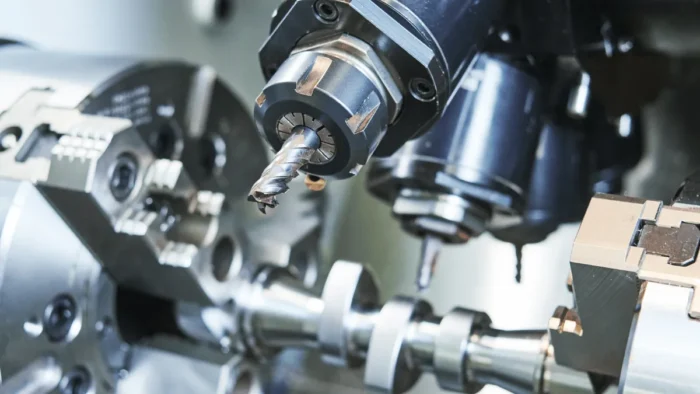When selecting industrial door systems for your business, the right choices can be critical to your operations, affecting everything from energy efficiency to workflow and security. Carefulness must be given, especially to the specifics of your industry, the nature of the work conducted within your premises, and the environmental factors at play.
Here are six practical tips for selecting an industrial door system designed to guide you in making an informed decision that optimizes your investment and aligns with your business requirements.
Define Your Purpose
Start by clearly defining the primary purpose of the industrial doors within your business context. Are they intended to enhance security, improve environmental management, boost productivity by providing smoother operations, or offer a combination of these functions? Do you need them for large storage buildings or exterior access points?
Understanding the goals will help you narrow down the selection process and choose a system that best meets your needs.
Assess Durability
Durability should be a top priority when selecting an industrial door system since these doors need to withstand having in mind frequent usage and various operational demands. Look for doors constructed from robust materials that are resistant to wear and tear, such as steel or heavy-duty aluminum. Also, consider the maintenance requirements and the longevity of the door system.
Industrial doors offering longer life spans may represent a higher initial investment. Still, they can be more cost-effective in the long term due to the reduced repair and replacement needs you will have.
Just as important as durability is safety and security. Assess whether the door system has features like emergency release mechanisms, alarms, or advanced locking systems to ensure optimal protection for your business.
Maintenance Considerations

Proper maintenance is essential to prolonging the life and functionality of your industrial doors. When evaluating options, consider the complexity and frequency of maintenance that will be required.
Systems with fewer moving parts often require less maintenance, while those with advanced technology might need specialized servicing. Also, take into consideration the factor of the ease of obtaining replacement parts and the availability of local service technicians. Opting for doors with accessible and affordable maintenance solutions can significantly affect long-term operational costs and minimize possible downtime.
Don’t forget to ask about warranties and after-sales support as well.
Budgeting Wisely
Allocating the proper funds towards industrial door systems is essential — it’s an investment in the safety and efficiency of your business. As you budget, you must consider both the upfront costs and the potential savings in energy, maintenance, and operational efficiency that a quality door system can offer.
Also, you must compare the long-term financial benefits of energy-efficient doors that may have higher initial costs but provide reduced energy expenses.
Remember, the cheapest option is only sometimes the most cost-effective in the long run, so evaluate the total cost of ownership when determining your budget. Geographical location, local regulations, and potential refunds or tax incentives should also be taken into consideration for your budgeting process.
Compliance and Regulations
Ensuring that your industrial door systems comply with local building codes and regulatory requirements is crucial.
Different regions may have strict standards concerning fire safety, insulation, and energy conservation that must be adhered to. Investigate whether the door systems are certified to meet industry-specific regulations, such as food safety or hazardous materials storage.
Failing to comply with such regulations can result in hefty fines and potentially compromise the safety of your operations, so it’s vital to choose a door system that is both legally compliant and suited to the demands of your business.
Testing and Quality Assurance
Before finalizing your industrial door system purchase, ensuring that the doors have undergone rigorous testing and quality assurance processes is imperative. Seek out manufacturers that subject their products to industry-recognized testing standards, which cover aspects such as structural durability, operational lifecycle, and performance under extreme conditions. This can include wind resistance, air and water infiltration, and impact testing.
Quality assurance certifications, such as ISO standards, indicate a product’s reliability and adherence to high manufacturing quality. By selecting a door system that has been thoroughly tested and certified, you can have confidence in its ability to perform consistently and resist the day-to-day demands of your industrial environment.
Conclusion
In conclusion, selecting industrial door systems for your business requires careful consideration of factors such as purpose, durability, maintenance, budgeting, compliance and regulations, and testing. By evaluating these aspects comprehensively and seeking out reputable manufacturers, you can ensure that your chosen door system will meet your primary needs and provide long-term benefits to your business.
So, next time you consider installing or upgrading industrial doors for your business, remember these tips to make the most informed decision.





